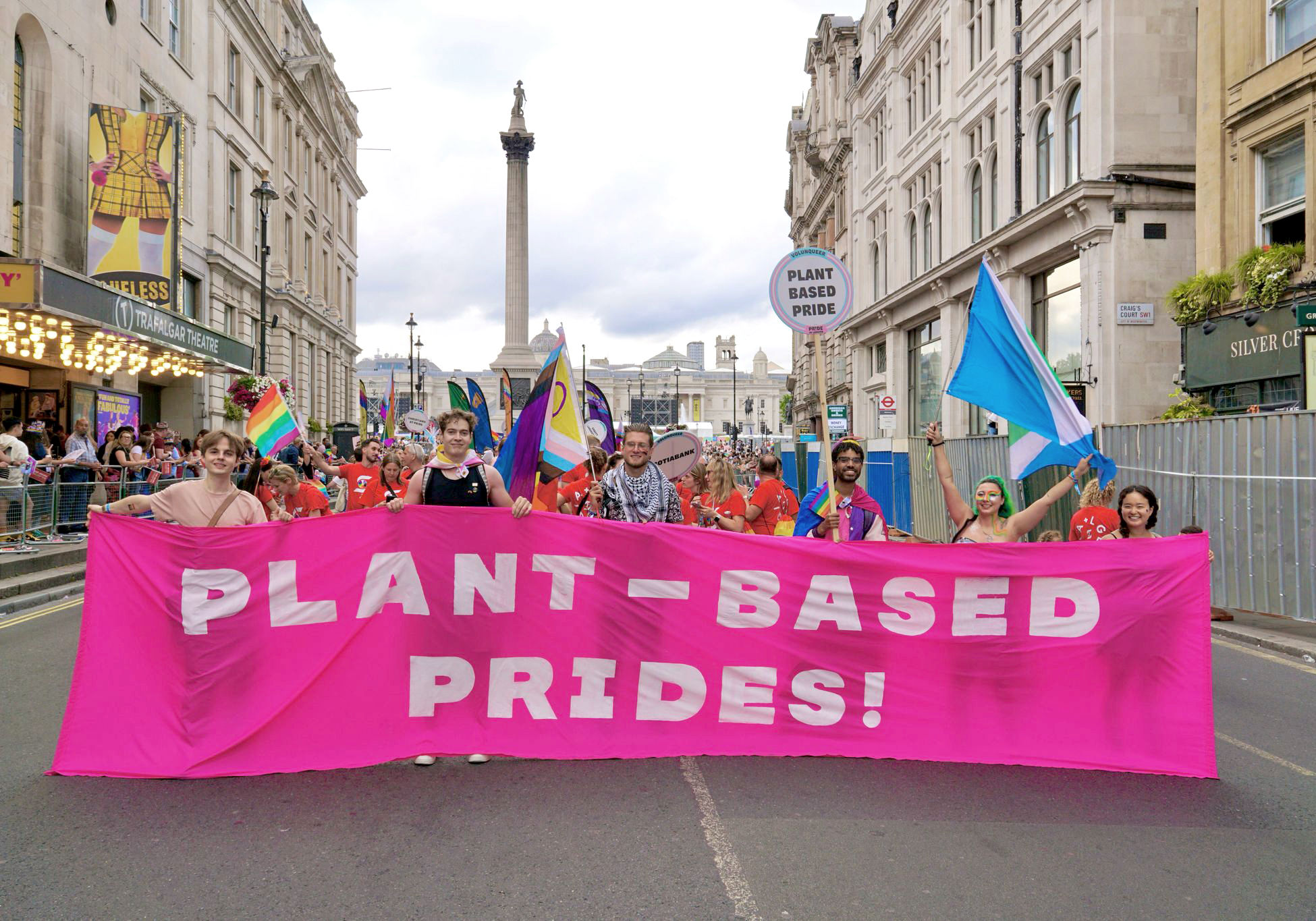
We are a movement to protect the global LGBTQIA2S+ community from the effects of climate change
The global LGBTQIA2S+ community is at statistically higher risk from climate change
“Marginalised communities such as LGBTQIA2S+ are most affected by the climate crisis because they are more likely to experience poverty, discrimination, and violence.”
“During Hurricane Katrina, trans people were turned away from emergency shelters, and the ones who did get in faced discrimination.”
-Greenpeace International
“Our research has demonstrated that LGBTQ+ people are disproportionately affected by disasters, both because of preexisting systemic discrimination and because of discriminatory response policies.”
-Issues in Science And Technology
Pride has a duty to protect the LGBTQIA+ community around the world.
The Pride movement is responsible for the greatest expansion in LGBTQIA+ rights ever seen, however events can come with substantial environmental footprints.
Where the LGBTQIA+ community is statistically more likely to come to harm through climate change it is important for Pride events to do all they can to be as environmentally responsible as possible, and mindful that the community exists globally in areas more severely impacted than where they might directly operate.
“LGBTQ+ people are more likely to live in areas with poor infrastructure, worse-built environments, and fewer resources.”
— Williams Institute, UCLA School of Law
Switching to plant-based food systems is often the most effective way to immediately reduce environmental impact over multiple variables
“Our results demonstrate that plant-based alternative rich diets substantially reduce greenhouse gas emissions (30–52%), land use (20–45%), and freshwater use (14–27%), with the vegan diet showing the highest reduction potential.”
— Nature Communications, 2024
“A vegan diet is probably the single biggest way to reduce your impact on planet Earth—not just greenhouse gases, but global acidification, eutrophication, land use, and water use.”
— Joseph Poore, University of Oxford
"Phasing out animal agriculture over the next 15 years would have the same effect as a 68% reduction of carbon dioxide emissions through the year 2100."
This emphasizes the significant climate mitigation potential of transitioning to plant-based diets.
— Stanford University Modeling Study (2022) published in PLOS Climate



